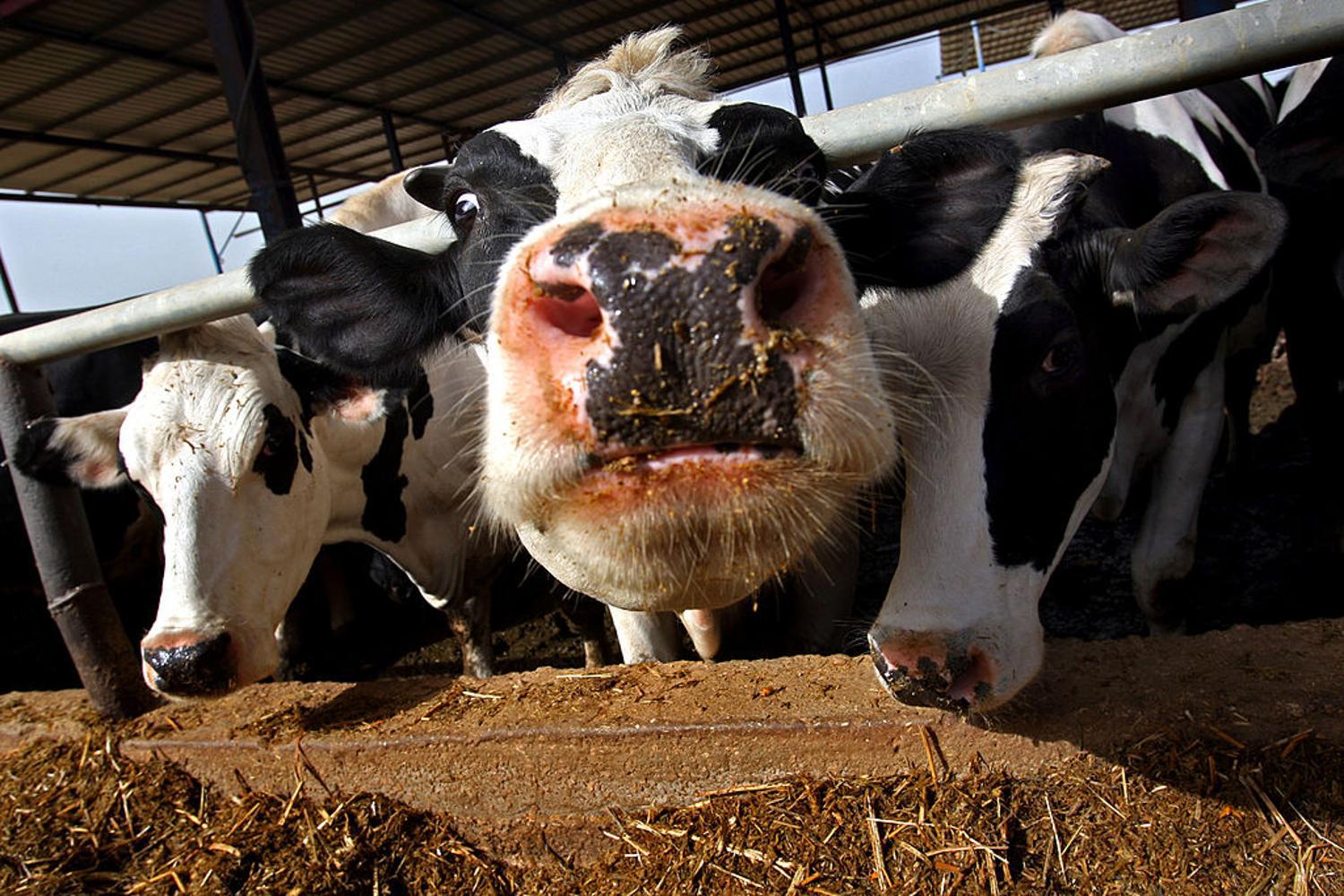A new study estimates that air pollution has been the cause behind nearly 200,000 dementia cases in the US each year. For years, air pollution has been linked to health issues like heart attacks, respiratory problems, and decreased lung function.
Now, dementia has been added to this laundry list of health issues that may be caused by bad air quality.
The Study

In a study published in the journal JAMA Network Open, the researchers spotlight the health risks from air pollution, caused by the increasing wildfires, agriculture, and pollution, which have strong links to a person’s risk of Alzheimer’s disease and other kinds of dementia later in life.
These findings were based on decades of survey data combined with air quality modeling, and are backed by the National Institute of Health.
The Link Between Health and Air Pollution

The researchers looked at the lives of 25,314 older people in the US from 1996 to 2016. Each person was living independently when they enrolled in the study and was interviewed every two years. 40% of the subjects needed help at home after an average of nine years because of health or memory problems or had to move into a care home.
The team behind the study estimated that this change was linked to local air pollution levels. They estimate that nearly 15% of the total number of people who lost their independence was due to traffic pollution to nitrogen dioxide.
Damage Done to Our Bodies

“Our results provide evidence that the damage done to our bodies by air pollution may alter how well we are able to care for ourselves as older adults,” Sara Adar, associate chair of epidemiology at the University of Michigan’s School of Public Health, told the Guardian.
Adar continued: “Taking action on air pollution will not only enhance the quality of life for older adults but also reduce the healthcare burdens on society.”
The Main Particle to Blame

The research focused on PM 2.5 air pollution, which scientists use as the benchmark for very small particles (less than 2.5 micrometers wide)that can be inhaled from the air. These particles can come from a variety of sources like vehicle exhaust and wildfire smoke.
These particles are linked to several health effects that range from coughing and shortness of breath to worsening asthma and increased risk of death from heart disease.
The Source of These Particles

“They model all sources at once: coal-fired power plants, agriculture, wildfires, traffic—all these different emission sources—and then they turn off the source in the model one at a time,” Adar told CBS News.
Adar continued: “And then they can see the difference in what levels are there with the emissions sources and what are there without them.”
Farming Is a Major Factor

In addition to the smoke from wildfires, other toxic molecules can travel with the smoke through communities. Farming has also been found to be a factor in the worsening air quality.
“Farms will release a lot of ammonia gas,” Adar said, “and then in the air with the sunlight and other pollutants out there, they’ll react to make particles, and those particles are what we see are likely toxins for the brain.”
Livestock Role in the Poor Air Quality

With livestock accounting for 14.5% of human-made emissions that are causing the globe to overheat, agriculture makes up 11% of this pollution, according to the Center for Climate and Energy Solutions.
Some countries, like Denmark, are trying to tax farmers for their livestock to help fight methane emissions, but the damage has already been done to many people.
Climate Change Is Another Factor

Extreme temperatures and less rainfall have become increasingly common as climate change continues to tip into a crisis. This causes longer and worse fire seasons, which will ultimately cause the air quality to worsen.
“Unlike many other common risk factors for dementia (eg, hypertension, stroke, and diabetes), exposure to air pollution can be modified at the population level, making it a prime target for large-scale prevention efforts,” the study’s authors wrote.
Fighting Against Poor Air Quality

Adar notes, “This research supports the recent lowering of the US national ambient air quality standard for particulate matter. It also suggests that exposure to traffic-related pollution may be particularly important for health as we age.”
Some ways to start improving the air quality are by moving away from single-use plastics, switching from gas-powered cars to electric vehicles (a plan the Biden administration is striving to make the norm by 2030), and utilizing clean energy sources.
The Limitations of the Study

The study did not have enough data to show the difference between urban and rural living or other factors that could have impacted the results of the research.
“Dementia takes a long time to develop. It’s not something that might be, ‘Oh you’ve got a bad exposure last week, and now you have dementia.’ It’s more likely to build up over a lifetime,” said Adar.
Air Pollution Isn’t Just Outside

While the US is focused on the pollution outside, researchers in China have been focusing on air pollution found inside people’s homes. Those researchers have found that switching from clean fuels to solid fuels can lead to an increased risk of needing care.
People who did use clean energy sources needed 40% less physical care, such as help bathing and dressing, and were 70% less likely to need help with mundane activities like shopping to more serious activities like managing money.








































